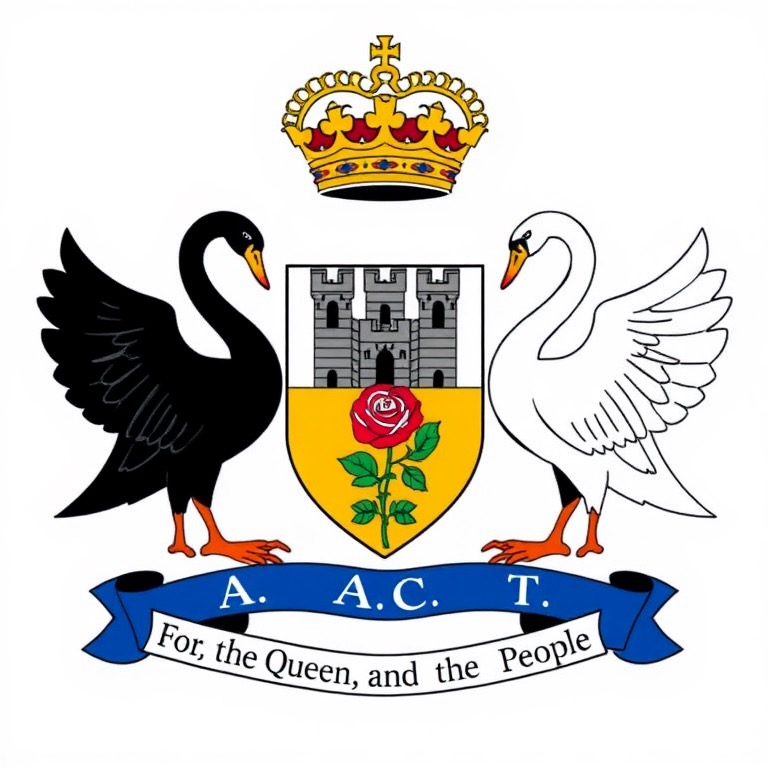Introduction
The Australian Capital Territory (ACT) public service plays a crucial role in the governance and administration of the Territory. It is responsible for implementing government policies, delivering services to the community, and ensuring the efficient functioning of the government. However, recent criticisms have surfaced regarding the professionalism, competence, and integrity of the ACT public service. This paper seeks to investigate these allegations while also considering counterarguments that highlight the positive aspects of the public service.
Overview of the ACT Public Service
The ACT public service comprises various departments and agencies that provide essential services to the community, including health, education, and infrastructure. The public service is guided by principles of transparency, accountability, and public interest. However, the effectiveness of these principles has been called into question by critics who argue that systemic issues undermine the integrity and functionality of the public service.
Evidence of Unprofessionalism
Critics argue that the ACT public service exhibits unprofessional behaviour, which manifests in various ways, including poor communication, inadequate training, and a lack of adherence to ethical standards. For instance, the 2021 report by the ACT Auditor-General highlighted instances of unprofessional conduct in public service agencies, noting that some staff lacked the necessary training to perform their duties effectively (ACT Auditor-General, 2021).
Instances of Incompetence
Incompetence within the ACT public service has been cited in various reports and media articles. For example, a review of the implementation of the ACT’s public health policies during the COVID-19 pandemic revealed significant delays and miscommunications that hampered the effectiveness of the response (Smith, 2022). Critics argue that such failures reflect a broader trend of incompetence within the public service.
Allegations of Corruption
Corruption is a serious allegation that has been leveled against the ACT public service. Investigative journalism has uncovered instances of misconduct, including favoritism in hiring practices and misuse of public funds (Jones, 2022). The ACT Integrity Commission has reported several cases where public servants were found to have acted inappropriately, leading to calls for greater oversight and reform.
Claims of Insufficient Accountability
Critics assert that the ACT public service lacks accountability mechanisms that effectively hold public servants responsible for their actions. Instances of public service failures often result in minimal repercussions for those involved, leading to a culture of impunity (Taylor, 2023). The lack of transparent reporting and oversight has fueled public distrust in the system.
The Australian Capital Territory public service faces significant scrutiny regarding its professionalism, competence, corruption, and accountability. While there is evidence to support claims of unprofessionalism and instances of corruption, it is essential to recognise the complexity of the public service landscape. The existence of accountability mechanisms and the commitment of many public servants to ethical conduct indicate that the situation is not entirely bleak.
References
ACT Auditor-General. (2021). Report on Public Service Performance. Canberra: ACT Government.
ACT Ombudsman. (2022). Annual Report. Canberra: ACT Government.
ACT Public Service Commission. (2023). Employee Survey Results. Canberra: ACT Government.
Jones, R. (2022). “Investigating Corruption in the ACT Public Service.” The Canberra Times.
Smith, J. (2022). “Public Health Response Failures in the ACT.” ABC News.
Taylor, L. (2023). “Accountability in the ACT Public Service: A Critical Review.” Australian Journal of Public Administration.

